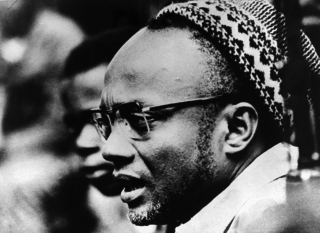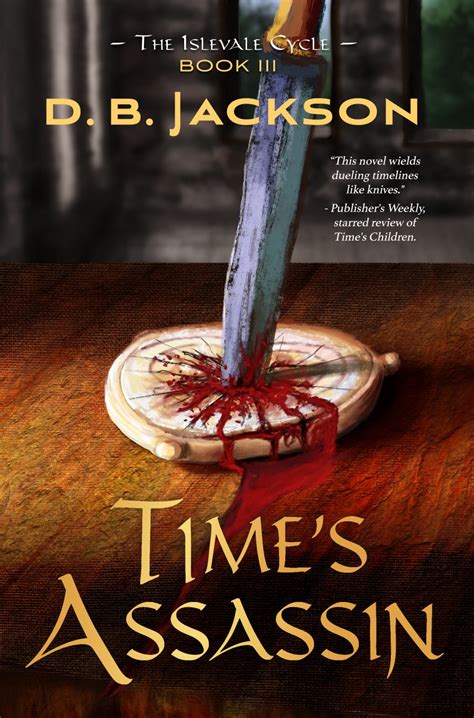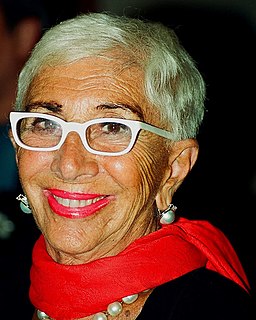A Quote by George Dyson
History is one of the only fields where contributions by amateurs are taken seriously, providing you follow the rules and document your sources. In history, it's what you write, not what your credentials are.
Related Quotes
...academic credentials are neither a necessary nor a sufficient condition for having your ideas taken seriously. If a famous professor repeatedly says stupid things, then tries to claim he never said them, there's no rule against calling him a mendacious idiot - and no special qualifications required to make that pronouncement other than doing your own homework.Conversely, if someone without formal credentials consistently makes trenchant, insightful observations, he or she has earned the right to be taken seriously, regardless of background.
Everything is a self-portrait. A diary. Your whole drug history’s in a strand of your hair. Your fingernails. The forensic details. The lining of your stomach is a document. The calluses on your hand tell all your secrets. Your teeth give you away. Your accent. The wrinkles around your mouth and eyes. Everything you do shows your hand.
And if you're going to criticize me for not finishing the whole thing and tying it up in a bow for you, why, do us both a favor and write your own damn book, only have the decency to call it a romance instead of a history, because history's got no bows on it, only frayed ends of ribbons and knots that can't be untied. It ain't a pretty package, but then it's not your birthday that I know of so I'm under no obligation to give you a gift.
The Greeks really believed in history. They believed that the past had consequences and that you might be punished for the sins of your father. America, and particularly New York, runs on the idea that history doesn't matter. There is no history. There is only the never-ending present. You don't even have your family because you moved here to get away from them, so even that idea of personal history has been cut at the knees.
Feelings are only your history being occasioned by the present moment. If that's your enemy, then your history is your enemy. If sensations are your enemy, your body is your enemy. And if memory is your enemy, you'd better have a way of controlling your mind in such a way that you never are reminded of things that are painful from the past. If you avoid people, avoid having your buttons pushed, avoid going to places that might occasion anxiety; if you're hammering down drugs and alcohol; these are all methods of trying to mount that unhealthy agenda.
if I love something I do it, and if I don't, I don't. I think that this is the most important choice that any of us can make in life, in art, in history: to do the thing you love. If you love it, it is important. If you love it then while you are doing it, you are a true expression of yourself and your time and your story. You are authentic. If you don't love it you betray not only yourself but also your history, your culture, your position in your society.
I think history is only ever invisible when it abets your sense of self, your desires, your ambitions, when it carries your life along in a kind of frictionless way. History is never invisible, finally, though some people seem to work very hard to be willfully blind. That's too harsh, or too self-righteous: none of us sees history fully; none of us is adequately aware of how the arrangements of the present moment foreclose the possibilities of others to fully live their only lives.








































